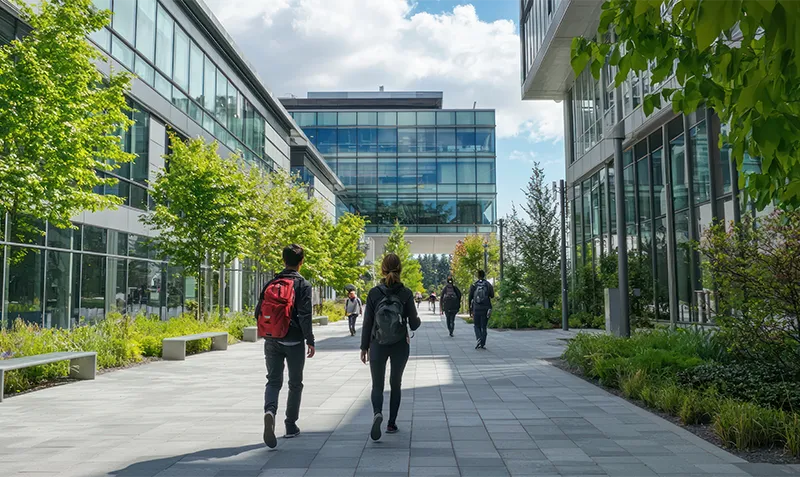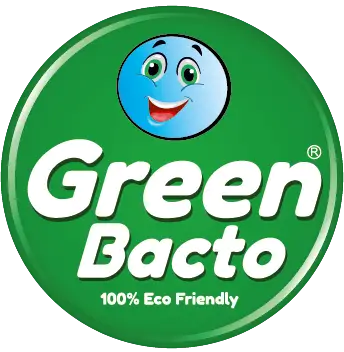Why Effective Waste Management Matters in Urban Living
Effective waste management is essential for maintaining hygiene, public health, and environmental quality in city environments. In every city, waste is produced in staggering amounts each day. What looks like a single bag of garbage from one home quickly multiplies into mountains of refuse when scaled across entire neighborhoods. Large volumes of refuse from households, businesses, and industries create a complex challenge that must be addressed with coordinated systems for collection, sorting, processing, and responsible disposal. When these systems work as intended, city spaces remain cleaner and healthier, allowing residents to enjoy higher standards of living without concerns over odor, pests, or visible piles of trash.
A well-structured waste management program typically starts at the point of waste generation, emphasizing actions like waste prevention, reuse, and recycling, before considering disposal as a last resort. Segregating waste into categories—such as household garbage, recyclables, organic material, and hazardous items—improves resource recovery and cuts down on landfill use. This approach not only conserves landfill space but also reduces associated risks, such as groundwater contamination and greenhouse gas emissions.

Health and Quality of Life
Uncollected or poorly handled waste creates ideal conditions for flies, rodents, and stray animals. These carry diseases that spread quickly in densely populated areas. Blocked drains filled with garbage increase the risk of flooding during heavy rains, leaving behind stagnant water that breeds mosquitoes. Cleaner cities are consistently linked to fewer cases of respiratory problems, skin infections, and waterborne illnesses.
Environmental Strain
A large share of urban waste ends up in landfills, where food scraps and organic matter break down without oxygen and release methane, a powerful greenhouse gas. Plastic waste adds another layer of harm by seeping into soil and water.
Modern eco-friendly solutions are helping change this pattern. Microbial treatments, for example, use natural bacteria to safely break down organic waste, converting food scraps into compost or treating wastewater so it can be reused. Each ton of waste processed this way reduces the load on landfills and cuts harmful emissions.
Everyday Urban Struggles
Apartment complexes often deal with foul-smelling septic tanks or garbage chutes that fill faster than expected. Restaurants, hotels, and malls generate large volumes of food waste and wastewater daily. Without reliable systems, operations are disrupted and complaints pile up.
Communities that adopt decentralized composting or microbial composters often see immediate improvements. Kitchen waste is turned into compost instead of being left to rot, and complaints about foul odors drop. In many cases, the compost is reused for gardening, creating a closed loop of waste management within the community.

Why Cities Need to Act Fast
Urban populations continue to grow, and so does the volume of waste. Traditional landfill-based systems are no longer enough. Effective waste management has become essential for keeping cities livable.
Practical approaches include:
- Decentralized composting in apartments and gated communities.
- Effluent treatment systems for hotels, malls, and large residential complexes.
- Microbial septic treatments that reduce sludge and odor.
These measures improve sanitation, cut greenhouse gas emissions, and reduce dependence on overburdened municipal systems.
The Bigger Payoff
Cities that handle waste effectively see wide-ranging benefits. Clean surroundings raise property values and attract investment. Municipalities spend less on landfill expansion and emergency clean-ups. Businesses operate in a healthier, more pleasant environment, leading to greater customer satisfaction.
Public-private partnerships also play a crucial role in waste solutions. Regular collaboration between local authorities, waste service providers, and community groups helps ensure that services are accessible, reliable, and responsive to changing needs. Such coordination supports environmental protection by ensuring compliance with regulations and the adoption of evolving best practices
On a community level, responsible waste practices inspire behavioral change. When residents see food waste turned into useful compost or notice cleaner common spaces, participation grows naturally. Over time, waste management becomes a shared responsibility rather than a neglected task.
